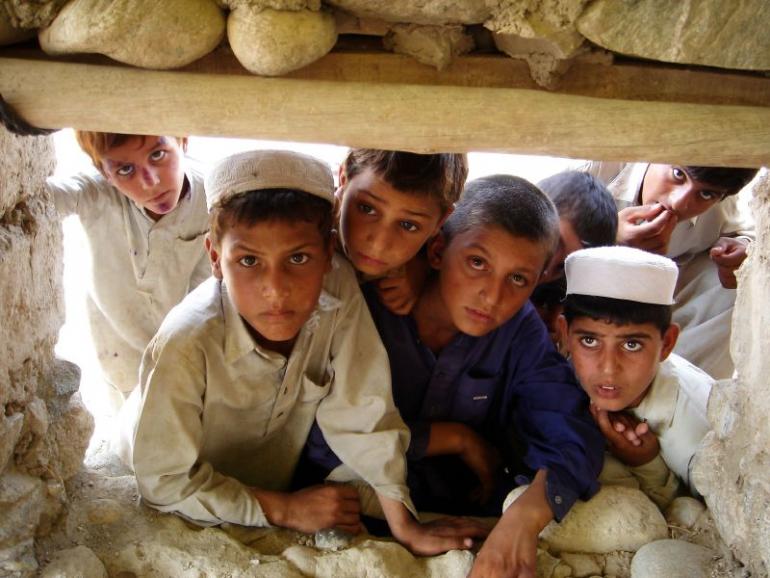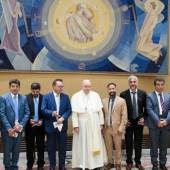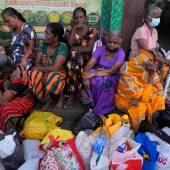Aid to the Church in Need raises concern for human rights in Afghanistan

The pontifical agency Aid to the Church in Need (ACN) has raised concern over the human rights situation in Afghanistan following the Taliban’s declaration of an “Islamic Emirate of Afghanistan” this week.
The aid agency warned that religious freedom “will be particularly under threat” under the new regime.
“All those who do not espouse the extreme Islamist views of the Taliban are at risk,” said Thomas Heine-Geldern, executive president of ACN, in a statement on August 19.
He said that with the Taliban regaining control over Afghanistan and changing the name of the country, “we can expect that … hard-won freedoms for human rights, including a relative measure of religious freedom, over the last 20 years will be revoked.”
Afghanistan “has always been among the countries that most violates (religious freedom as a) fundamental right,” said Heine-Geldern.
ACN has, for the last 22 years, published an annual report that assesses the state of religious freedom in every country in the world.
Heine-Geldern said their analysis of Afghanistan, “does not leave much room for hope” of improvement, adding that all religious minorities, including followers of other Islamic sects, “will suffer even greater oppression.”
He said the takeover of the Taliban “is a huge setback for all human rights, and especially for religious freedom in the country.”
Heine-Geldern expressed further concern that the number of countries who have seemingly accepted the Islamic Emirate of Afghanistan will “not only legitimize the Taliban, but also embolden authoritarian regimes all over the world, particularly in the region.”
“International recognition of the Taliban will also act as a magnet for smaller radical Islamic groups, creating a new constellation of religious terrorist factions that could supplant historic formations such as al-Qaeda and the Islamic State,” he said.
Heine-Geldern said that the regime change has sparked “countless thorny diplomatic questions,” regarding the state of human rights in Afghanistan.
“Will there be a response from the Taliban on any human rights claims without formal channels,” he asked. “The fact that most Western embassies are closing, and international observers are leaving, like they did in Syria in 2011, is not a good omen.”
More than 99 percent of the population of Afghanistan is Muslim. There are also a number of Hindus, Bahai’s, Buddhists and Christians.
Estimates of the number of Christians in Afghanistan vary from a high of 20,000 to possibly as low as 1,000. They live their lives of faith in secret, so accurate numbers are impossible to come by.
There has been only one Catholic church in the country, hidden away at the Italian Embassy that had to shut down because of the COVID-19 pandemic.
In 2018, there were an estimated 200 Catholics in Afghanistan.
Reportedly, some leaders of underground house churches have received letters from the Taliban that they are being watched. There is concern that Christians may be killed outright and that young Christian girls will be given in marriage to Taliban fighters.
Even before the Taliban takeover, Christian converts from Islam faced ostracization and even violence from family members.
As of August 16, two Indian Jesuits and four Missionaries of Charity were awaiting evacuation. - LiCAS.news
Radio Veritas Asia (RVA), a media platform of the Catholic Church, aims to share Christ. RVA started in 1969 as a continental Catholic radio station to serve Asian countries in their respective local language, thus earning the tag “the Voice of Asian Christianity.” Responding to the emerging context, RVA embraced media platforms to connect with the global Asian audience via its 21 language websites and various social media platforms.














